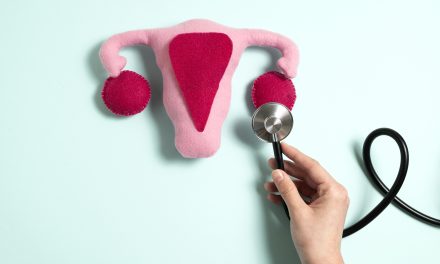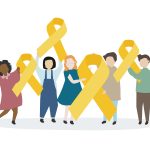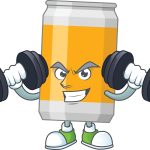Over-the-counter medications (OTC) are medicines that you can obtain without a doctor’s prescription
Over-the-counter medications may be easily accessible, but that doesn’t mean we should take them lightly or rely on them for every minor ache and pain. Overuse of any medication can lead us down a dangerous path to medication overdose.
Quick Read:
- Some OTC medications can have serious health impacts if overused.
- If you’re experiencing any alarming side-effects, please always check these symptoms with your doctor.
- Never take outdated/expired medication.
What are OTC medications?
Over-the-counter medicines are those that you can receive without a doctor’s prescription. For example, if you have a headache, you can simply ask the pharmacist for a headache pill. For a cold and sore throat, you may ask for a cough syrup or throat lozenges. OTCs are generally less powerful than prescription medications and we are meant to use them only for a short time.
Are OTCs safe?
Over-the-counter medications must pass strict tests and regulations in each country. For example, in South Africa, the South African Health Products Regulatory Authority (SAHPRA), is there to ensure the safety and quality of OTC medications. Other countries will have their own official organisations who oversee the safety of all medications. Now, when it comes to self-treatment, even though OTCs aren’t as strong as prescription medications, they can still cause serious harm if you take them excessively.
For example, constantly taking painkillers like paracetamol (acetaminophen) or ibuprofen can lead to liver damage, stomach ulcers, or kidney problems.
It’s important to know that OTC drugs can interact with prescription medications, supplements or even certain foods. This is why it’s essential to get all the information you need from the pharmacist or your doctor to stay safe.
If you find yourself consistently relying on OTC medication, such as antacids or pain relievers, it’s essential to talk to a doctor or ask advice at your local clinic. Long-term symptoms might be an alert of an underlying health problem for which you must get treatment. The last thing you want is to become addicted to painkillers or any other OTC drug.
Stay safe with OTCs
- We know it sounds boring but it’s really worth reading the little information leaflet. This handy information will tell you the side-effects to look out for and when to get emergency help.
- Take the medication exactly as directed. If the dosage says, “One teaspoon a day,” stick to that dosage.
- Don’t take any OTC medication if you’re pregnant or breastfeeding unless your doctor says it’s okay.
- Store all your medications in a cool, dry cupboard. Make sure that your children can’t access this cupboard.
- Check the expiration dates on your medication. Some pills and syrups can have seriously harmful effects if you continue taking them after they’ve expired.
- Be mindful of how you refer to medication to your children. If they’re told that pills are “sweets” they could try to ingest them.
- If you have an allergy to a medication, check the list of ingredients on all other medicines to see if what you’re allergic to is in them.
- If you’re unsure of any medicines, especially if you’re taking a few different types, ask the pharmacist for advice.

Help at hand
Learn more about the active ingredients in your OTC medications to avoid double dosing. For example, taking two medications that both contain acetaminophen can lead to accidental overdose and liver damage. Plus, alcohol can interact with some OTC medications, especially painkillers and cold medication. This can increase the risk of side-effects, such as drowsiness, stomach bleeding or liver damage.
Images: Freepik



















